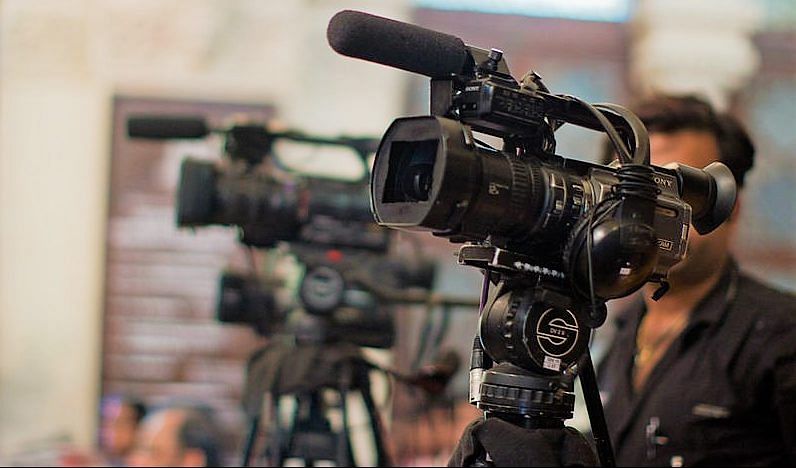Various courts, including the SC, have issued gag orders on media — from cases such as Aditynath’s ‘hate speech’ to Jay Shah’s increase in wealth.
New Delhi: When the Patna High Court barred media coverage of the Muzaffarpur shelter home sexual abuse saga, it cited the potential harm the reportage may cause to the investigation.
“Till the investigation is completed, all the print and electronic media are hereby restrained from reporting anything with respect to the case, more particularly, with respect to the investigation already undertaken and/or which is likely to take place as it may seriously hamper the investigation of the case,” it said.
The Editors’ Guild has led criticism of the gag order, which is, unfortunately, not the first time a court has sought to limit the media’s coverage of a certain incident. ThePrint looks back.
Supreme Court: Justice C.S. Karnan case
The episode involving former Calcutta High Court judge C.S. Karnan and his open rebellion against his colleagues has been one of the most controversial in the history of the Indian judiciary.
Karnan, who had alleged corruption in the Madras High Court and claimed he was discriminated against for his Dalit roots, “summoned” the CJI and other judges of the Supreme Court when they ordered a mental check-up for him. He also ordered their arrest under the SC/ST Act, before being booked for contempt. As the Supreme Court sought to rein in Karnan’s allegations, it barred the media from reporting his statements.
Also read: A lot can go wrong for Indian democracy if court proceedings are streamed live on TV
The order states, “Since the incident of contempt includes public statements and publication of orders made by the contemnor, which were highlighted by the electronic and print media, we are of the view, that no further statements made by him should be published hereafter.”
After the Supreme Court sentenced him to prison, Justice Karnan flew under the radar, resurfaced, was arrested. He was released in December 2017.
Gujarat High Court: ‘Defamatory’ report against Jay Shah
In a purported big-ticket expose in October 2017, digital portal The Wire claimed that the turnover of a firm owned by BJP president Amit Shah’s son Jay had risen manifold after the party assumed office at the Centre.
As Jay filed a defamation suit against the company, the civil court approached ordered an injunction barring The Wire from publishing any content about him. The Gujarat High Court subsequently upheld the gag order.
The article is since back online, with the Supreme Court suggesting that the two parties arrive at an out-of-court settlement.
CBI court: Sohrabuddin Sheikh ‘fake encounter’
In November last year, CBI special judge S.J. Sharma directed the media not to report on the trial into the alleged fake encounter of gangster Sohrabuddin Sheikh. However, the media was allowed to be present during the proceedings.
In 2005, Sheikh and his wife Kausar Bi were allegedly abducted by Gujarat Police and killed in a fake encounter.
“Considering the sensitivity in the matter, likelihood of any untoward incident and likelihood of effect on the trial of this matter, in case of day to day publication of evidence, I am of the view not to allow media until further orders,” the judge said in his order.
Also read: You may soon be able to watch some Supreme Court proceedings live
Allahabad High Court: ‘Hate speech’ case against Yogi Adityanath
Eleven years ago, Yogi Adityanath, then the BJP MP for Gorakhpur, allegedly made a hate speech that triggered riots after a Hindu man died in clashes during a Muharram procession.
In 2017, Adityanath was sworn in as the chief minister of UP. The Allahabad High Court, later that year, prohibited the media from reporting on hearings in the case after Adityanath’s legal team alleged the observations of the bench were being quoted out of context and “misquoted”.
The petition against Adityanath was dismissed this February.
